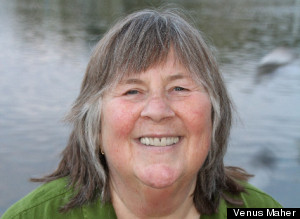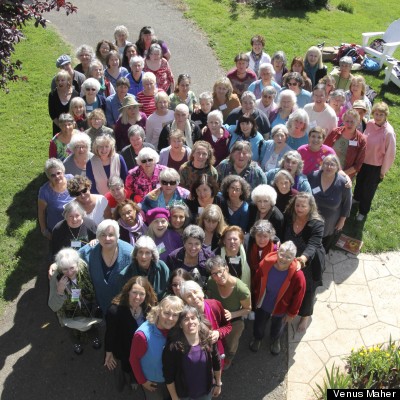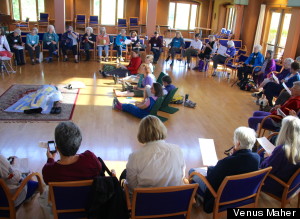There are many who think it really doesn't matter what we believe or do in religion, just as long as we are sincere and follow our conscience. But if it doesn't really matter what you believe, then it doesn't matter if you even believe at all. This is absurd. This philosophy exalts our conscience above the word of God. This makes our conscience our only guide and ignores what God says in the Bible. This philosophy originated with man and not with God. This is telling God we are going to worship Him the way we choose and we don't really care what He has to say. Every man then becomes his own authority thereby eliminating the authority of God, the Bible. This attitude must greatly hurt the one who gave His life for us.
Many people want to do what they think best and what seems right to them. We are warned not to do this in Proverbs 14:12, "There is a way that seems right to a man, but its end is the way of death." According to what God says we can loose our soul by doing what seems right in our own eyes. God's word is no longer our guide, but it has been replaced with creed books, disciplines, manuals, confessions, etc. Men want to do things their way and as it seems right in their own eyes.
The philosophy of doing what seems right in our eyes has vastly altered the way people attempt to worship God. They rationalize that God will accept it. People can rationalize away just about anything they want if they work at it hard and long enough, and because of this people worship God in ignorance. Just as the apostle Paul told the Athenians in Acts 17:23 (KJV), "Whom therefore ye ignorantly worship."
The average person in religious matters takes many things for granted. He finds religious groups practicing something and he decides what the majority does must be right and acceptable to God. The Bible says the majority of people are going to be eternally lost. Jesus says in Matthew 7:l3-14, "Enter by the narrow gate; for wide is the gate and broad is the way that leads to destruction, and there are many who go in by it. Because narrow is the gate and difficult is the way which leads to life, and there are few who find it." So we don't want to depend on the majority to determine what is right for us and follow them. If we do we will also end up being lost in the eternal fires of Hell.
Many people never stop to ask, is it scriptural and is this what God wants? They believe that just any kind of worship they give will be acceptable to God. The main reason for all the religious division that we see in the world today is man will not accept God's word as final authority. Man is going to do it his own way. The Bible contains our only instructions on how to please God so we can go to heaven.
God has always told man how He is to be worshipped. He will only accept that which is in harmony with His prescribed will. God instructs us how to worship Him acceptably through His word in the Bible. In Ephesians 5:17 we read, "Therefore do not be unwise, but understand what the will of the Lord is." It is wise to know what the will of the Lord is so we can do it and be pleasing to Him.
In every age God has specified how He is to be worshipped. He says to us in 2 Peter 1:3, "As His divine power has given to us all things that pertain to life and godliness through the knowledge of Him who called us." God in the New Testament has given to us all things we need to know that pertain to life and godliness so we can worship Him acceptably, in spirit and in truth. God has always made it plain and emphatic that the only worship that is acceptable to Him is only that which is in accordance with His will.
**************************************************









